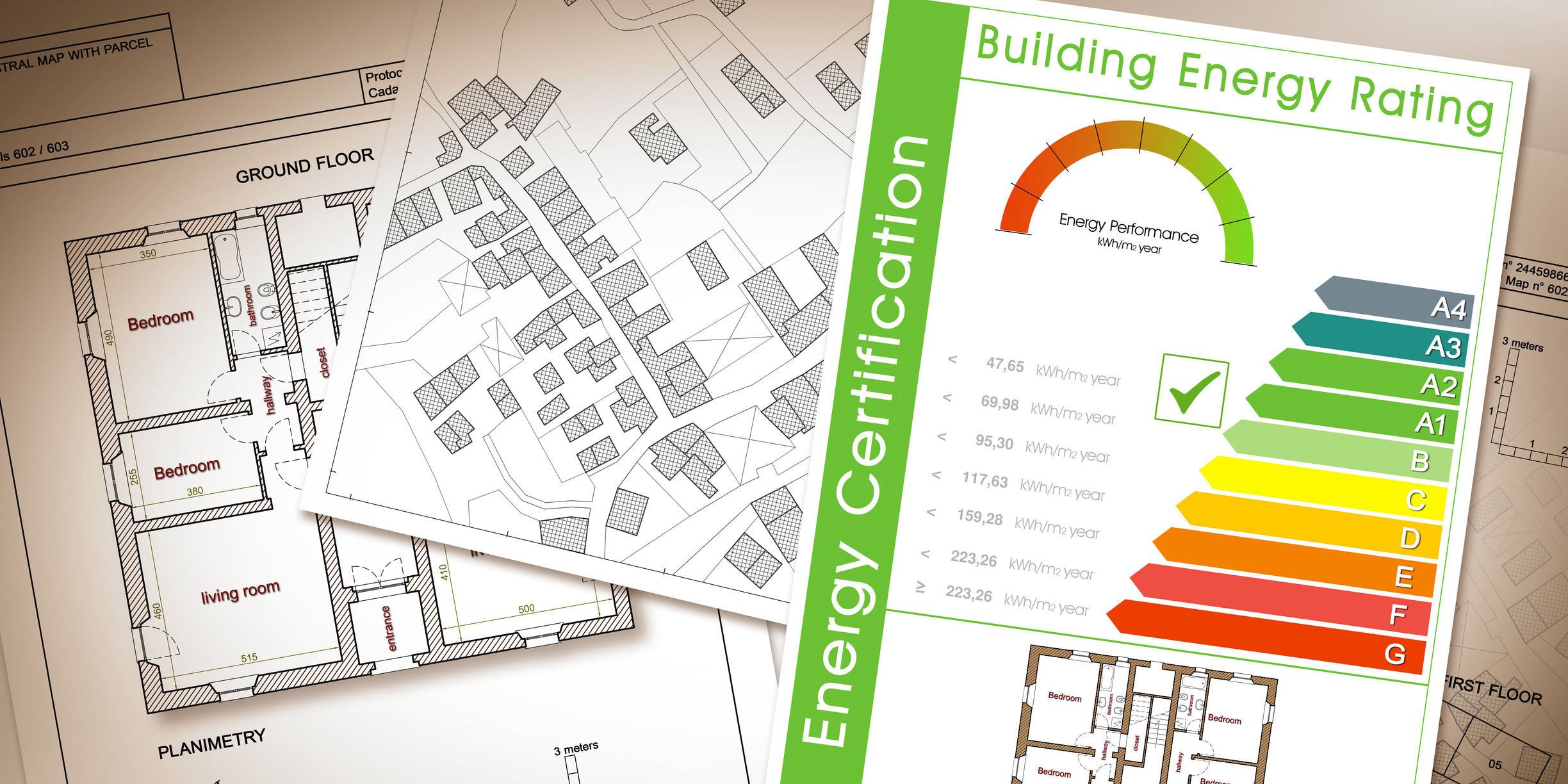Let’s look at the NJ Clean Energy Act reporting requirements for commercial properties. Owners of approximately 13,000 commercial properties throughout New Jersey are now mandated to monitor and disclose their energy and water consumption, effective October 1st, 2023 administered by the New Jersey Board of Public Utilities (BPU).

The objective, according to the state utility board, aligns with the NJ Clean Energy Act of 2018, aimed at initially gauging and subsequently incentivizing energy and water conservation efforts.
For the first time in the state, any building spanning at least 25,000 square feet – encompassing shopping centers, office complexes, apartments, hospitals, and manufacturing facilities – must share usage data with BPU.
Detailed instructions for reporting the information are available on the BPU’s website. The website also includes a spreadsheet listing covered properties and exemptions, each property is assigned a Unique Building ID (UBID) to be entered.
Presently, there are no penalties for non-adherence, and the state has no immediate intentions to penalize the largest energy consumers.
Additionally, the Order outlines exemptions for vacant properties and those unoccupied for at least one year, allowing exemption application via the form on the BPU website.
A comparable initiative was launched in Philadelphia in 2012, affecting about 1,700 buildings spanning a minimum of 50,000 square feet at a time. The data demonstrates that participating property owners in Philadelphia collectively reduced energy consumption by an average of 5% between 2013 and 2018.
Philadelphia aimed this endeavor primarily at larger buildings as a part of its commitment to achieving carbon neutrality by 2050, with 70% of the city’s emissions stemming from its buildings. The current impact of the program on this statistic remains unclear.
According to Nidhi Krishen, the Deputy Director of the Climate Solutions office of sustainability in Philadelphia, effectively managing energy usage in buildings is pivotal to meeting climate targets. Retrofitting older buildings involves fortifying properties, sealing external gaps to minimize airflow, and ensuring adequate insulation in walls and ceilings to maximize efficiency.
Article courtesy of WHYY and JDSUPRA

